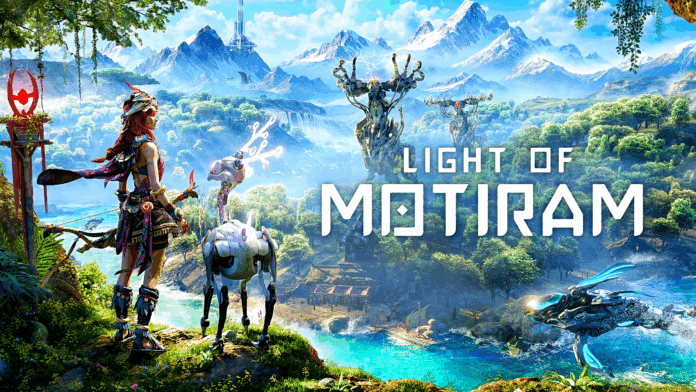When a heroine becomes a bone of contention
In the summer of 2025, Sony took legal action: The Chinese company Tencent should stop the release of Light of Motiram because it is a copy of Horizon Zero Dawn.
Sony sees the parallels to the open-world structure and the iconic heroine Aloy as particularly problematic. However, Tencent strongly rejects the allegations. In court documents, the company describes the lawsuit as “astonishing.” After all, Horizon itself did not invent any completely new game ideas.
Titles such as Enslaved: Odyssey to the West and Nintendo’s Breath of the Wild had already established similar mechanics in the past.
In Tencent’s view, Sony is attempting to establish a “monopoly on genre standards” – a claim that goes far beyond the specific dispute. The timing is also controversial: Light of Motiram is not scheduled for release for another two years. Tencent emphasizes that a lot of content could still change between now and then. For the company, Sony’s accusations are therefore pure speculation.
“Interchangeable” – when Aloy is no longer supposed to be a trademark
Tencent is particularly critical of the core of Sony’s argument: the main character, Aloy. For Sony, she is the heart of the series and a protected unique selling point. Tencent sees things differently – and talks about interchangeability. Because Aloy can wear different equipment in each scene and is not always present, she is not a distinctive trademark.
Tencent is also attempting to dismantle the lawsuit on legal grounds. The accusation: Sony has not even specified which of the numerous Tencent companies is actually responsible. Furthermore, Tencent Holdings itself is neither the developer nor the publisher of Light of Motiram. The company has only registered the trademark so far – a formal difference that could be decisive for the defense.
If Tencent succeeds with this line of argument, it would have far-reaching consequences. This is because large publishers would then have fewer opportunities to block competing products by legal means in the future. This would set a precedent for the gaming industry – and for fans, it would raise the question of whether similarities between titles are creative inspiration or inadmissible copying.


